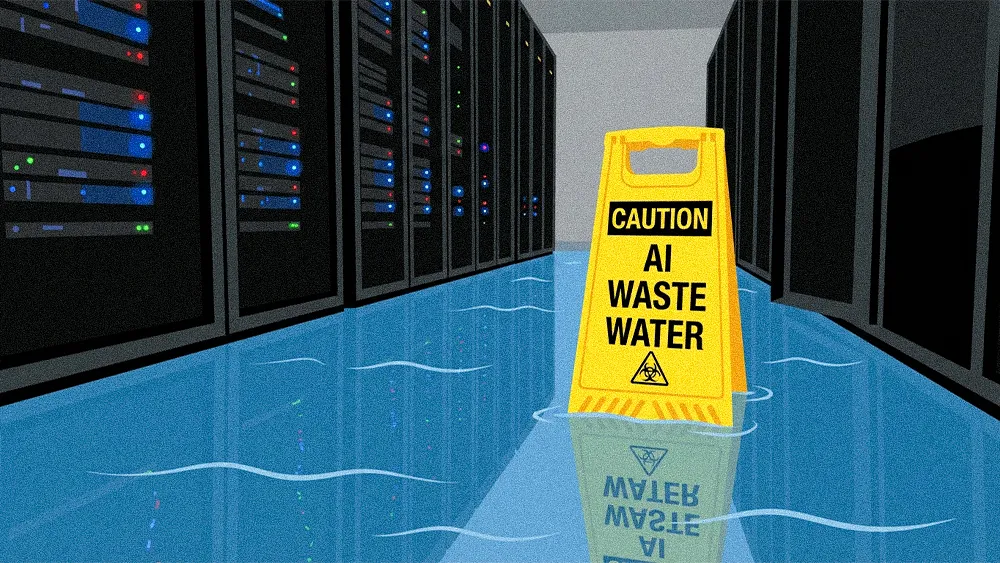
- U.S. Senators Josh Hawley and Mark Warner introduce a bipartisan bill requiring companies and federal agencies to publicly report on jobs impacted by AI.
- The "AI-Related Job Impacts Clarity Act" mandates quarterly disclosures on jobs lost, created, or left unfilled due to artificial intelligence.
- The legislation follows thousands of job cuts at companies like Salesforce and Amazon, where executives have cited AI as a key factor in workforce reductions.
In a move to quantify artificial intelligence's real-world effect on the American workforce, U.S. Senators Josh Hawley (R-Mo.) and Mark Warner (D-Va.) have introduced the “AI-Related Job Impacts Clarity Act,” as first reported by Axios. The bill would require major companies and federal agencies to report quarterly on jobs lost, created, or left unfilled due to AI, creating a public-facing dataset on the technology's employment impact.
Show me the data: The bill's sponsors framed the legislation as a foundational step toward informed policymaking. "Good policy starts with good data," Senator Warner stated in his announcement. Echoing the sentiment, Senator Hawley added, "The American people need to have an accurate understanding of how AI is affecting our workforce."
Blame the bots: The measure arrives as high-profile companies increasingly point to AI as a driver for major workforce reductions. Salesforce, for instance, recently cut 4,000 jobs from its customer service team, with its CEO blaming the cuts on AI agents. Similarly, Amazon's pivot to an AI-driven strategy led to 14,000 job cuts in October.
The fine print: Beyond layoffs, the act would also require companies to detail new roles created by AI and the number of employees being retrained. The bill tasks the Department of Labor with creating rules to bring private companies and startups under the same reporting mandate, following the lead of states like New York and California that have already started implementing their own rules around AI in the workplace.
While debates continue over AI's long-term effects, this legislation marks the first major federal effort to move beyond anecdotes and create a formal, public accounting of the technology's immediate impact on jobs and the economy.
The Hawley-Warner bill is part of a broader congressional conversation, which includes ideas like a "robot tax" and an "AI Horizon Fund" to support displaced workers. The legislative push comes amid a stark backdrop, with one report finding that AI-driven layoffs contributed to the worst month for job cuts in over 20 years. Meanwhile, some experts question the narrative, suggesting companies may be using AI as a convenient cover for cuts driven by traditional economic pressures.

.svg)




.webp)